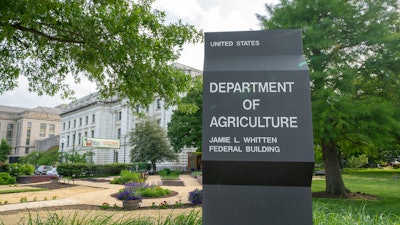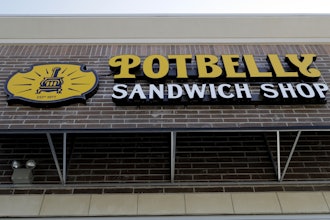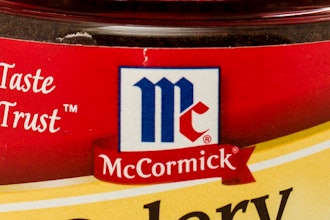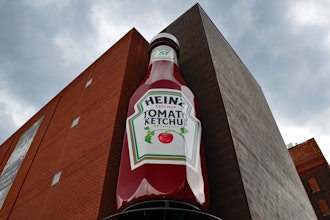
WASHINGTON — The U.S. Department of Agriculture (USDA) is issuing $1.68 billion in payments to agricultural producers and landowners for the 21.9 million acres enrolled in the Conservation Reserve Program (CRP), which provides annual rental payment for land devoted to conservation purposes.
“CRP is one of the many ‘tools’ that USDA offers to producers and private landowners to help best manage sensitive lands,” said Richard Fordyce, Administrator of USDA’s Farm Service Agency. “Lands enrolled in this program conserve soil, improve water quality, provide habitat for wildlife, sequester carbon, and benefit agricultural operations.”
Through CRP, farmers and ranchers establish long-term, resource-conserving plant species, such as approved grasses or trees, to control soil erosion, improve water quality, and enhance wildlife habitat on cropland. Farmers and ranchers who participate in CRP help provide numerous benefits to the nation’s environment and economy.

- Preventing more than 9 billion tons of soil from eroding, which is enough soil to fill 600 million dump trucks;
- Reducing nitrogen and phosphorous runoff relative to annually tilled cropland by 95 and 85 percent respectively;
- Sequestering an annual average of 49 million tons of greenhouse gases, equal to taking 9 million cars off the road;
- Creating more than 3 million acres of restored wetlands while protecting more than 175,000 stream miles with riparian forest and grass buffers, which is enough to go around the world 7 times; and
- Benefiting bees and other pollinators and increased populations of ducks, pheasants, turkey, bobwhite quail, prairie chickens, grasshopper sparrows, and many other birds.
The successes of CRP contribute to USDA’s Agriculture Innovation Agenda and its goal of reducing the environmental footprint of U.S. agriculture by half by 2050. Earlier this year, Secretary Perdue announced the department-wide initiative to align resources, programs, and research to position American agriculture to better meet future global demands.
CRP participants with contracts effective beginning on October 1, 2020, will receive their first annual rental payment in October 2021.
For more information on CRP, visit fsa.usda.gov or contact your local FSA county office.






















